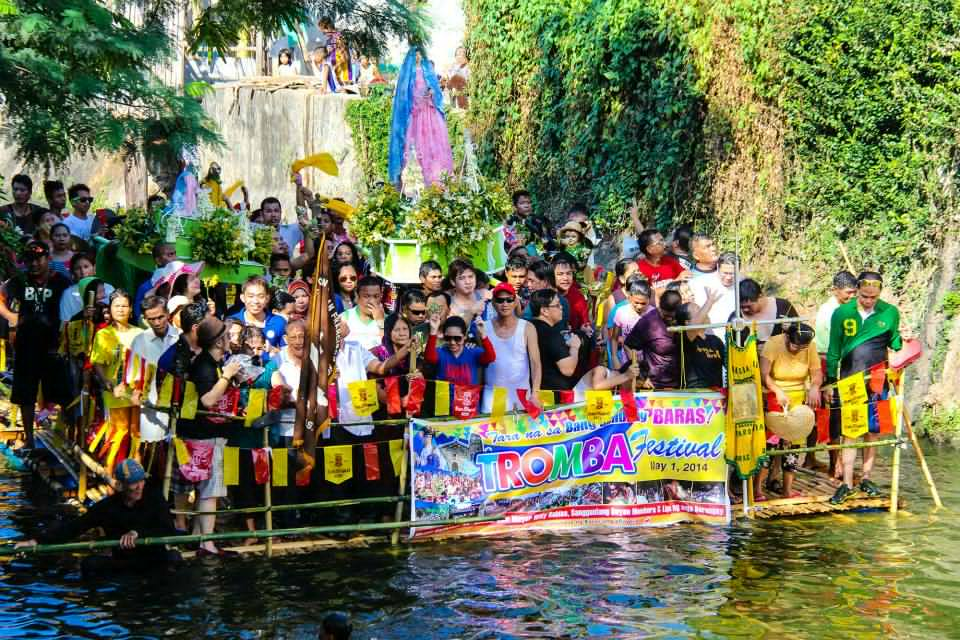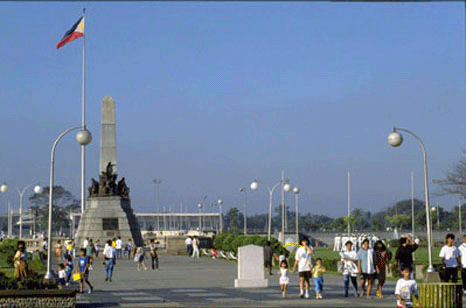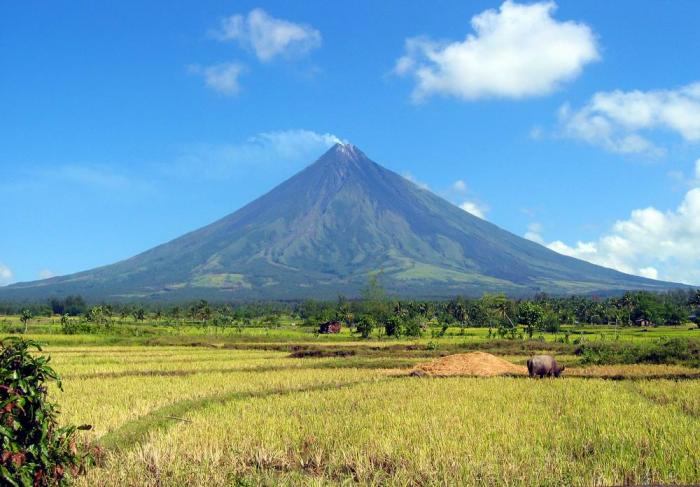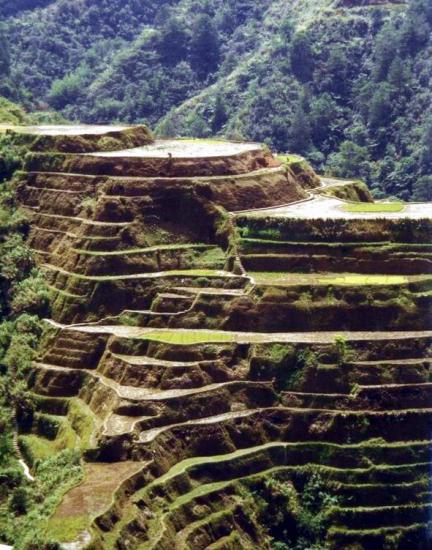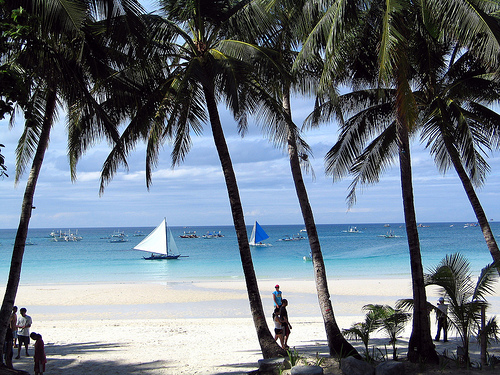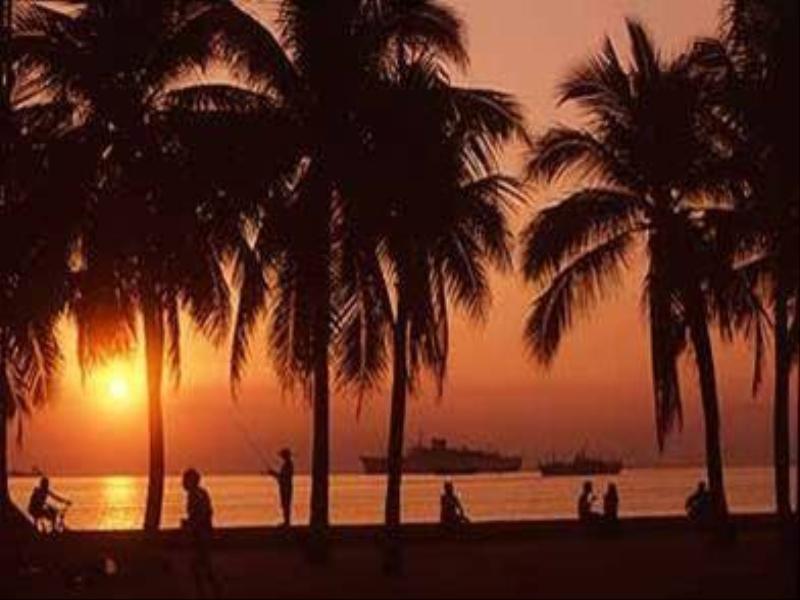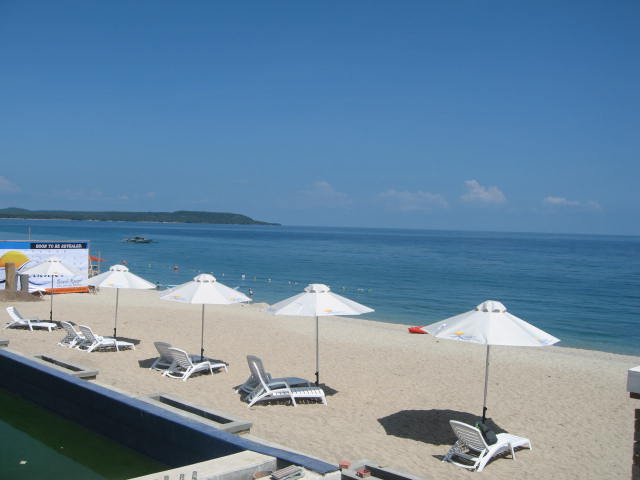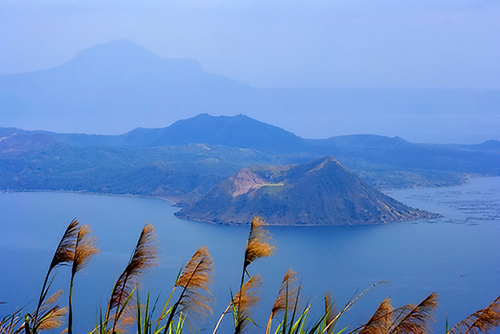Posts Tagged ‘festivals in Rizal Province’
COLORFUL FESTIVALS IN RIZAL
The province of Rizal’s close proximity to Metro Manila makes it often overlooked by tourists but unbeknownst to many, the province is home to a lot of attractions that will surely delight outdoor enthusiasts. Read More: https://www.lakwatsero.com/spots/calinawan-cave-tanay-rizal/#sthash.9CidjRjc.dpbs
Binalayan Festival
Binangonan as a nestle of lake “lawa” and bamboo “kawayan” introduces to the world its “BINAngonan sa LAwa at kawaYAN“ or “BINALAYAN” Festival which mirrored its various historic, pulsating and highly entertaining celebration which showcases bamboo products and other marine merchandises exclusively made at the leading edge of Binangonan’s culture and economy.
Unfold Binangonan and embark into an enchanting side trip at Binalayan Festival. Read More: http://www.binangonan.gov.ph/about-municipality/festival-and-traditions/126-binalayan-festival.html
Caru-Caruhan Festival
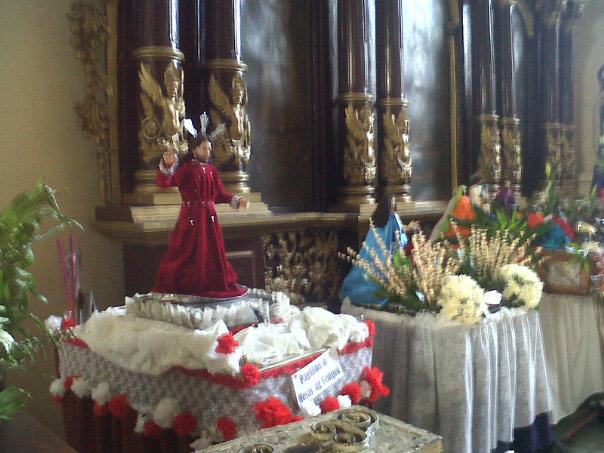 Photo from: http://caru-caruhan.blogspot.com/2013/04/caru-caruhan-miniature-images-exhibited.html
Photo from: http://caru-caruhan.blogspot.com/2013/04/caru-caruhan-miniature-images-exhibited.html
In Binanongan, Rizal, miniature statues of saints take center stage instead of the usual life size ones. This recalls the religious tradition in Colombia, where children process their own child-size santos.
This relatively-new Binanongan tradition is called “caru-caruhan“ (play carrozas), and it is held during the Lenten season. It began sometime in the 1980s, when children began imitating the Holy Week tradition of bringing out images for the annual Lenten ritual.
Along Regidor St., the children would parade their homemade santos made of sticks, cloth and other available materials. Over the years, the image became more sophisticated, well-made and life-like. Read More: http://andalltheangelsandsaints.blogspot.com/2015/11/235-caru-caruhan-de-binangonan-santos.html
Hane Festival
The annual Hane Festival is the commemoration of the Municipality of Tanay’s Founding Anniversary. It is an agri – eco – tourism, arts, and cultural exhibition in one, showcasing Tanay’s vibrant tourism, abundant agricultural produce, healthy and sustainable environment, rich arts and culture, and amiable people. It derived its name from an ordinary expression of Tanayan (‘’hane’’) which is used to seek one’s agreement.
“Hane” exclusively identifies with Tanay. For this reason, the expression “Hane” has been adopted as the name of the Tanay’s first ever tourism and cultural celebration: the Tanay Hane Festival. Read More: http://tanay.gov.ph/for-visitors/tourist-information/2015-07-10-03-46-25/tanay-hane-festival
Higantes Festival
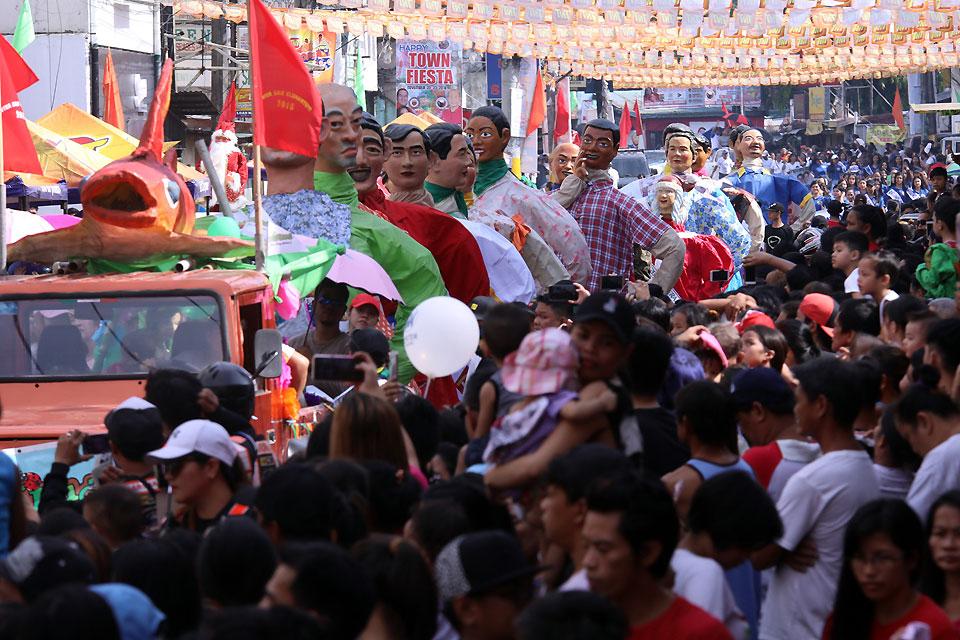 Photo from: https://www.gmanetwork.com/news/lifestyle/photo/269766/angono-celebrates-higantes-festival/photo/
Photo from: https://www.gmanetwork.com/news/lifestyle/photo/269766/angono-celebrates-higantes-festival/photo/
The townspeople of Angono, Rizal, definitely know how to throw a BIG fiesta. The annual town’s fiesta of Angono held every 23rd of November is a celebration in honor of San Clemente (patron saint of fishermen). The main event is a procession of the patron saint, which is carried by male devotees, convoyed by “pahadores” (devotees dressed in colorful local costumes or fishermen’s clothes, wooden shoes and carrying boat paddles, fish nets, traps, etc.). Adding to the festivity is the “Higantes” (giants). Higantes are giant paper mache images measuring four to five feet in diameter and ten to twelve feet in height. The street event leads to a fluvial procession in Laguna de Bay, however, the festivities continue until the image is returned to its sanctuary. Read More: https://themixedculture.com/2013/10/25/higantes-festival-angono-rizal/
Kaluskos Festival
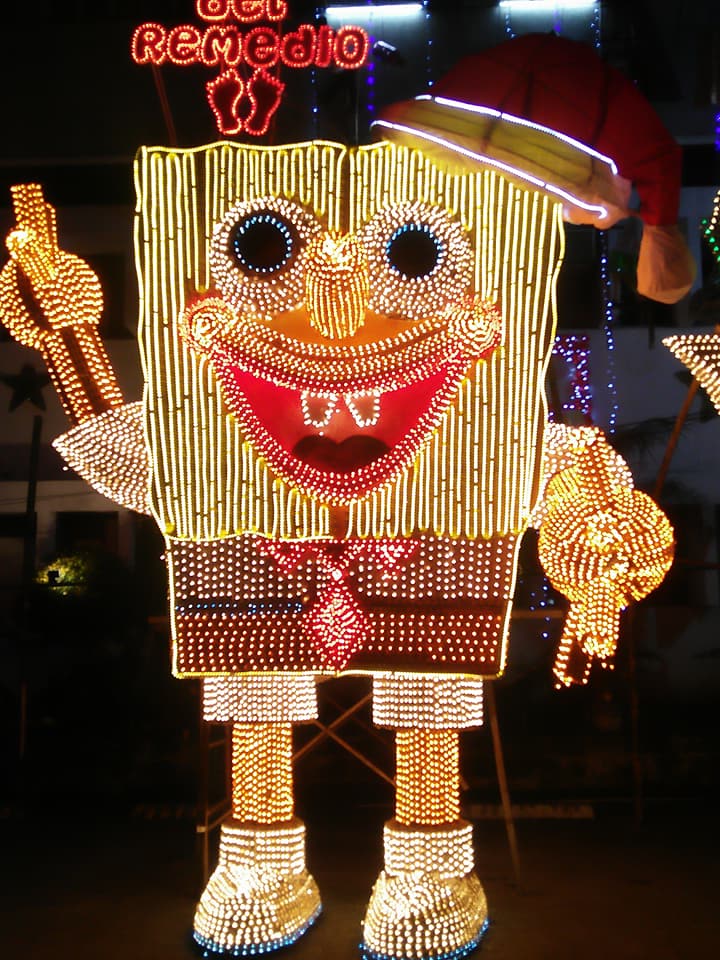 Photo from: https://cardonarizal.gov.ph/2017/12/18/21st-kaluskos-festival-pista-ng-arkong-kawayan/
Photo from: https://cardonarizal.gov.ph/2017/12/18/21st-kaluskos-festival-pista-ng-arkong-kawayan/
Bamboo Arches are traditionally used in different celebrations like town’s fiesta, weddings, anniversaries and other important events of the year in Cardona. This kind of folk art is made of bamboos decorated and crafted by craftsman. Making this arch needs a skillful worker or group of workers using sharp bolos for ornaments and designs of the bamboos before forming into arch. This artistry in Cardona has been part of the town’s culture and tradition.It was named “Kaluskos ng Kawayan”. This name was derived from squeaky sounds produced when making the arch, like hissing f the snake, cockling chickens etc. And from then, the town celebrate Kaluskos Bamboo Arch Festival every first week of December. Read More: http://www.rizalprovince.ph/pages/tourism-festival.html
Maytime Festival
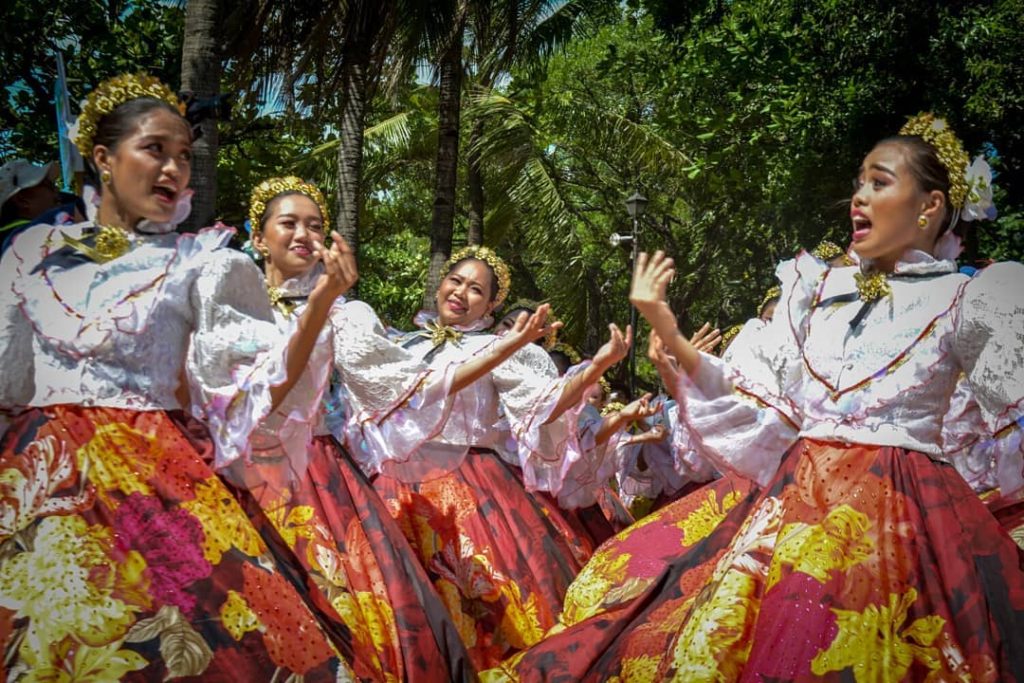 Photo from: https://deskgram.net/explore/tags/antipolomaytimefestival
Photo from: https://deskgram.net/explore/tags/antipolomaytimefestival
The city and its residents here are all set to welcome once again the hundreds of thousands of pilgrims who come to this city to pay homage to the Nuestra Senora dela Paz y Buenviaje (Our Lady of Peace and Good Voyage), whose centuries old image is enshrined at the cathedral made into its national shrine here.
May 1 signals the start of the Maytime Festival and the influx of many people visiting the city to reach the church.
Welcoming them last Monday were street dancers garbed in native Tagalog-inspired costumes and moving to the tune of “Tayo na sa Antipolo,” a song composed by Gerry San Jose or Gerry Brandy in 1929 and popularized later by the Mabuhay Singers. Read More: https://news.mb.com.ph/2017/05/02/antipolo-gets-lively-with-maytime-festival/
Pamitinan Festival
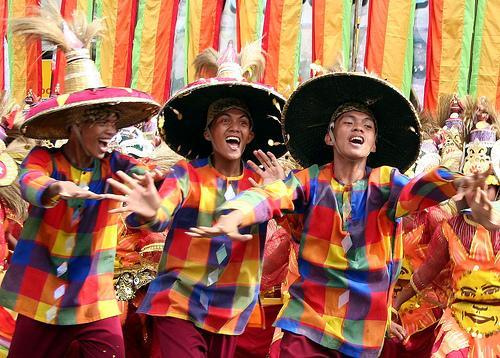 Photo from: https://montalbanrizalblog.wordpress.com/2016/01/15/fiestas/
Photo from: https://montalbanrizalblog.wordpress.com/2016/01/15/fiestas/
The “Pamitinan Festival” highlights the founding anniversary of the town of Rodriguez, Rizal formerly known as Montalban. Celebrated from December 17 to 23, the festival culled after the famous Pamitinan Cave or Cave of Bernardo Carpio, which aims to preserve its contribution to the historic quest for independence by the 8 Katipuneros led by Gat Andres Bonifacio. Likewise, a street dancing competition is held to depict the multi-faceted culture of the Montalbeños. Read More: http://philippineentertainmentlinks.blogspot.com/2010/12/pamitinan-festival-of-rodriguez-rizal.html
Kakanin Festival
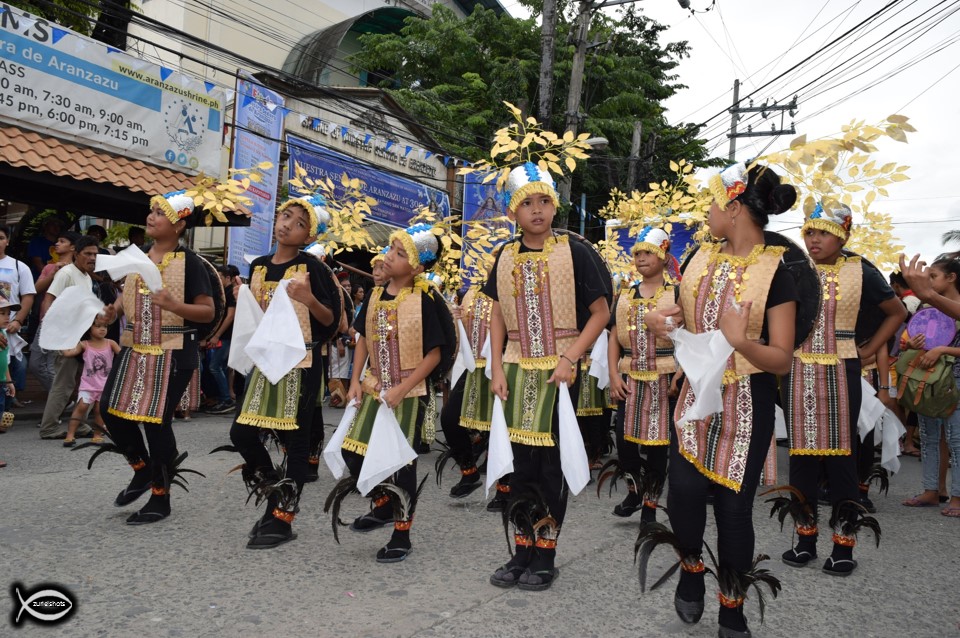 Photo from: http://zurielshots.blogspot.com/2016/09/kakanin-festival_5.html
Photo from: http://zurielshots.blogspot.com/2016/09/kakanin-festival_5.html
The kakanin has its day in Rizal Province. It happens on September 9, when native rice delicacies like the suman and the kalamay are paraded down the streets of San Mateo during the yearly Kakanin Festival.
On regular days, the kakanin are sold in marketplaces around the town. On fiesta day, however, the kakanin are given away for free.
The Kakanin Festival is a recently introduced folk-religious holiday. It was officially initiated by the Catholic church in the late 1990s. But in tradition and essence, the festival celebrates rice harvest and the feast day of San Mateo’s patroness –Nuestra Señora de Aranzazu. Read More: https://traveleronfoot.wordpress.com/2010/09/09/kakanin-festival/
Rodeo Festival
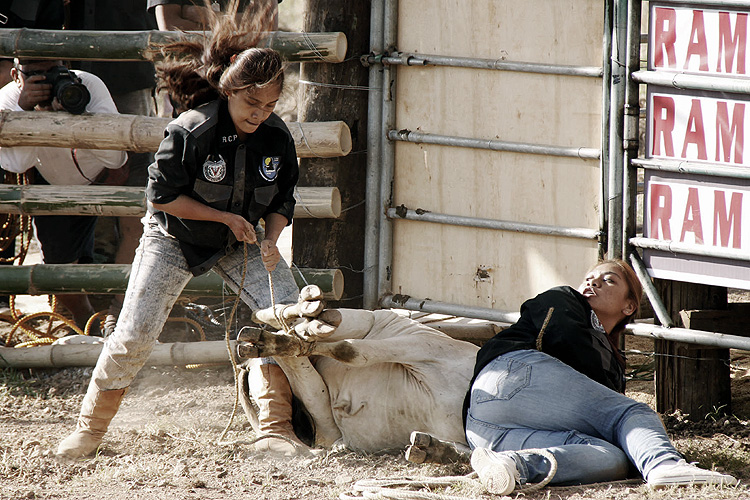 Photo from: http://northboundasia.com/2016/01/17/rodeo-festival/
Photo from: http://northboundasia.com/2016/01/17/rodeo-festival/
The Tanay Rodeo Festival aims to promote and market the town’s cattle and agri-eco tourism not only within the municipality but also in the CALABARZON region, the Municipal Government of Tanay holds Tanay Rodeo every third week of January each year.
The festival is also in line with the celebration of Tanay Town Fiesta. It is participated by professionals and rodeo enthusiasts, and veterinary/animal science students from renowned universities in the country. Read More: http://tanay.gov.ph/for-visitors/tourist-information/2015-07-10-03-46-25/tanay-rodeo-festival
Sumbingtik Festival
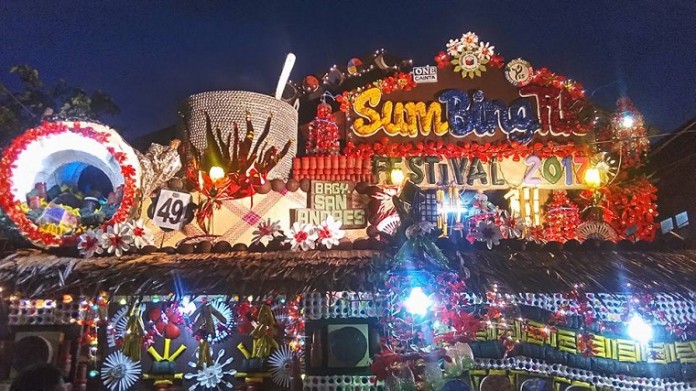 Photo from: http://conceptnewscentral.com/index.php/2017/11/28/dec-1-8-non-working-days-places/
Photo from: http://conceptnewscentral.com/index.php/2017/11/28/dec-1-8-non-working-days-places/
The SumBingTik Festival is an annual cultural festival held on December 1 in Cainta, Rizal, along the town’s founding anniversary and feast of Our Lady of Light, the patron saint of the town. The festival was first celebrated in 2014.
The term “sumbingtik” is a portmanteau of suman, bibingka, and latik, the town’s native delicacies. Read More: https://www.revolvy.com/page/SumBingTik-Festival
Tromba Festival
The celebration is derived from the ancient Spanish religious festival in honor of the Nuestra Señora de Turumba. Afternoon procession and street dancing is preceded by a Pagoda parade held in Baras River. Read More: http://www.rizalprovince.ph/pages/tourism-festival.html
TABLE OF CONTENTS
The Province of Rizal is Under the Calabarzon Region
The Mountainous Province of Rizal
How to Get to the Province of Rizal
Popular Places to Visit in the Province of Rizal
Colorful and Exciting Festivals in the Province of Rizal
How to Enjoy and Have Fun in the Province of Rizal
Province of Rizal Photo Gallery
Province of Rizal Video Collection
Other Visitors Also Viewed:
Malajog Beach, Ridge Nature Park and Zipline In One Place
Be Amazed at the Nueva Ecija “Taong Putik” (Mud Man) Festival
Take the Day Off and Relax at the Minalungao National Park in Nueva Ecija
Palawod Festival Celebrates the Town’s Fish Bounty
Colorful and Meaningful Festivals and Events in Guimaras
Get Inside the 800-Meter Cantabon Cave Part 2
Mt. Malindig – a Popular Mountain Climb in Marinduque
The Untouched Natural Beauty of Camotes Island
Lanzones Festival – Thanksgiving Celebration for the Sweet Fruit
Come and Celebrate Aggao Nac Cagayan

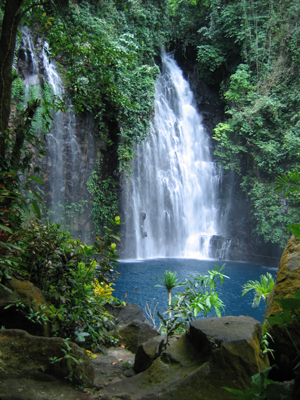
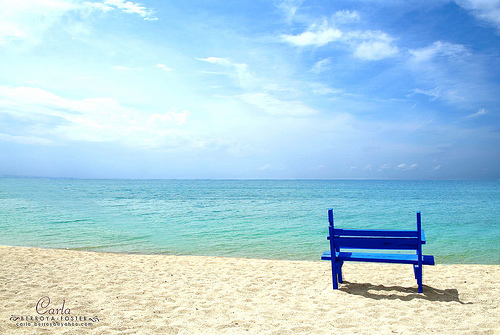
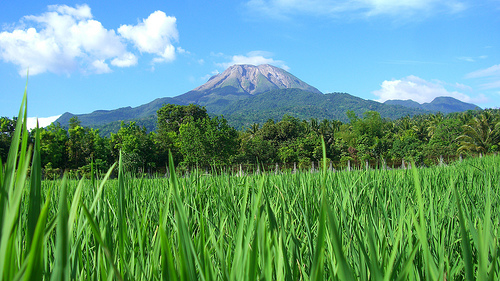
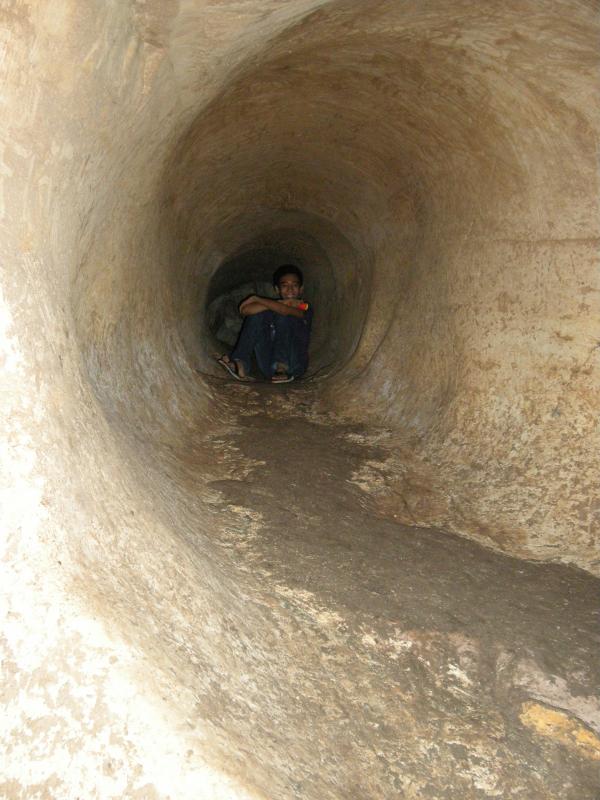
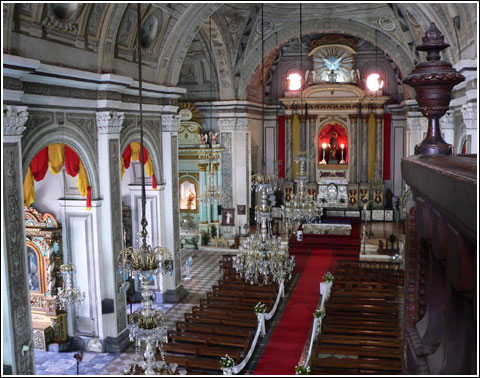
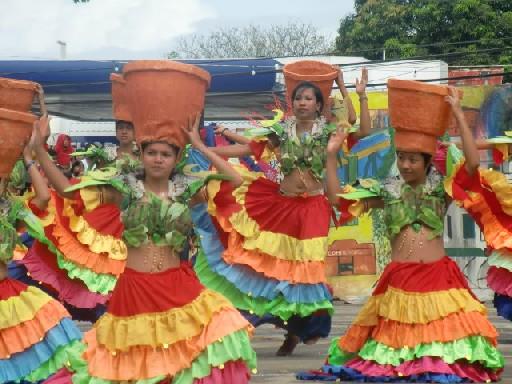

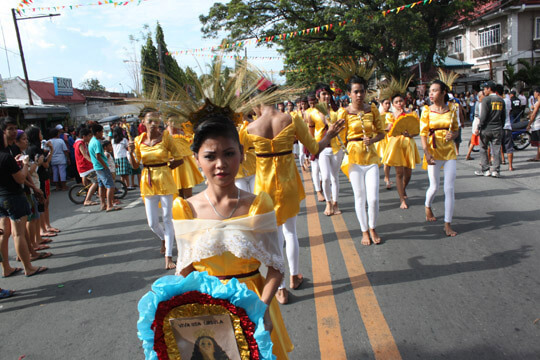 Photo from:
Photo from: 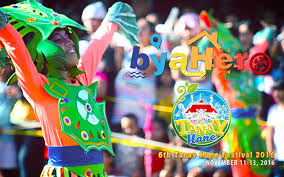 Photo from:
Photo from: 